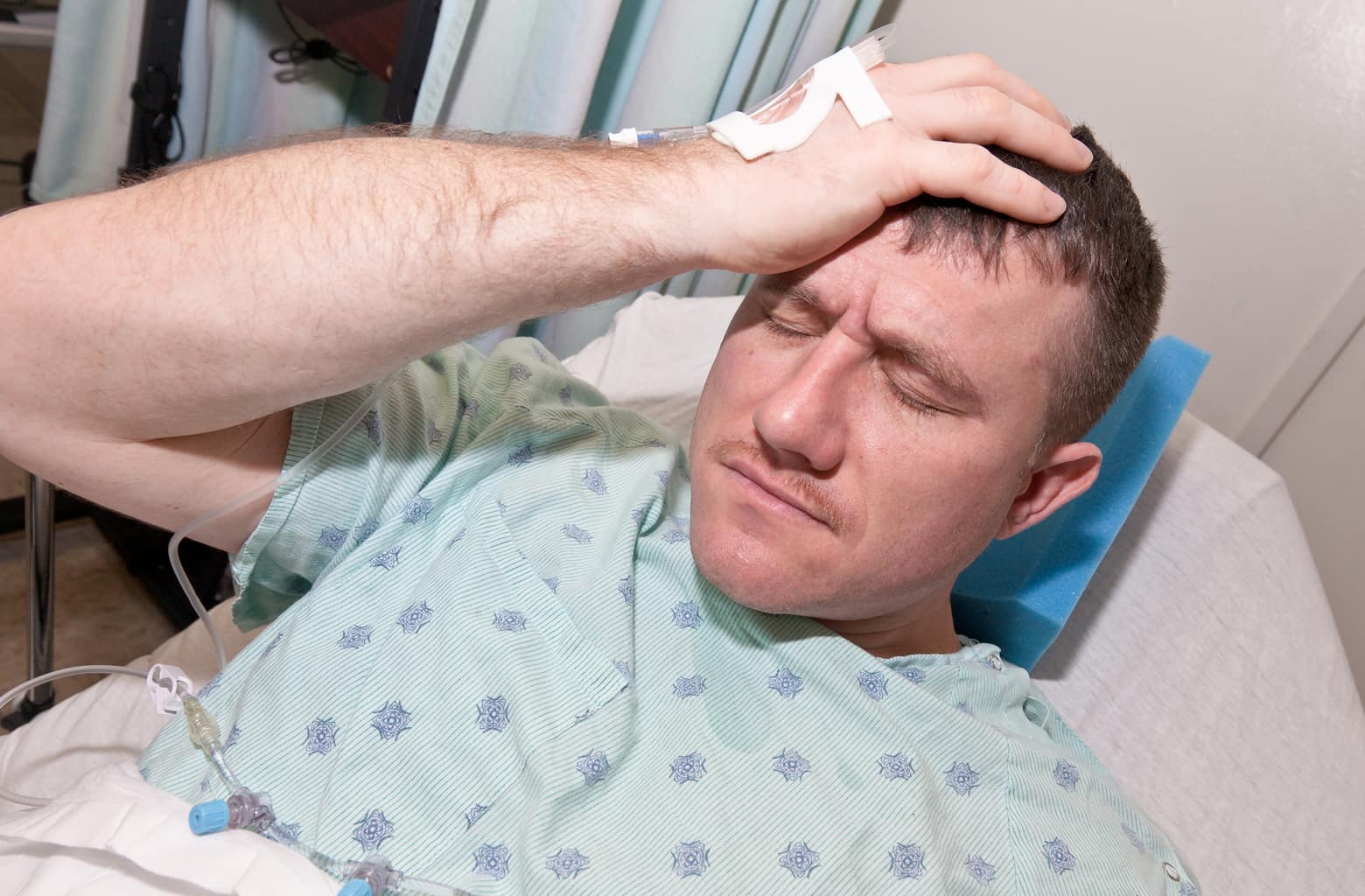
[cmamad id=”7284″ align=”center” tabid=”display-desktop” mobid=”display-desktop” stg=””]
It is common today to call surgery a “procedure.”
One of the most common procedures is scraping out and removing parts of men’s prostates.
This is a procedure called a TURP, Transurethral resection of the prostate.
But today’s newsletter isn’t about this procedure.
Instead, today’s newsletter is about the profound impact that surgery has on the human body.
And doctors don’t even recognize how long-lasting and severe this impact is.
Even minor “procedures” have this incredible impact.
So, in this newsletter, I want to alert you to some of those impacts.
And I want to show you how you might be able to lower the impact of surgery.
You may even decide not to have surgery — which may even be a better outcome.
Long ago I work with a major organization of dentists who specialize in giving patients pills that relax them.
If you give them more pills, the patients will not only relax, but they will forget they ever had a dental procedure.
They will be conscious during the procedure but have no memory afterward.
It’s as if the dental procedure never happened.
What struck me over the years working with this organization, was how different the experience was for patients who had no memory of the procedure.
These patients recovered much more quickly.
They had much less pain and much less post-operative discomfort and complications than other patients.
[cmamad id=”7285″ align=”center” tabid=”display-desktop” mobid=”display-desktop” stg=””]
And the benefit was seen most in patients who had enough pills to have no memory of the procedure.
It was incredible.
Well, it turns out that there is a lot of merit to this “conscious sedation.”
And it would be good if more surgeons practiced it.
But I’m not really talking about conscious sedation in today’s newsletter.
Instead, I’m talking about the stress of surgery.
By stress, I mean it in the scientific meaning.
Scientific stress is not mental stress, but the physical differences when the body is under attack.
It’s bodily stress, the stress response the body has to trauma like surgery.

A major effect of postsurgical stress is elevated stress hormone levels.
Stress hormones include cortisol, serotonin, estrogen, and other “emergency” signaling chemicals — such as nitric oxide.
These elevated stress hormones and stress chemicals can continue for many days, weeks, or even months after surgery.
Thyroid hormone also falls, especially the active thyroid form, T-3.
The low thyroid levels continue for several days after the surgery before it recovers.
Testosterone levels also fall during and after surgery, and nobody knows when they may recover.
It is quite possible that testosterone levels can stay low for weeks, months, or even years after surgery.
And it may be especially true after major surgery.
Blood sugar generally rises during and after surgery.
Diabetics may have blood sugar control issues and experience diabetic complications after any form of surgery for this reason.
Insulin doesn’t go up very much, but glucagon rises sharply during and after surgery.
These changes in insulin may be the reason for blood sugar complications.
Surgery is a tremendous stress.
And when the body is stressed, it dumps fatty acids into the blood.
Such free fatty acids, or blood fat, over a prolonged period can cause insulin resistance and further complicate recovery.
In heart surgery, these stress changes can be extreme.
Doctors have tried drugs such as morphine and fentanyl to try to counter the extremely high levels of stress hormones.
However, these often depressed breathing and required the patient to be on a ventilator — which is even worse.
One thing that helps tremendously is local anesthesia.
Local anesthesia can blunt the response of stress hormones in the body.
And local anesthesia can be extremely valuable, even when you receive a general anesthetic.

https://academic.oup.com/bja/article/85/1/109/263834/The-stress-response-to-trauma-and-surgery

Leave a Reply